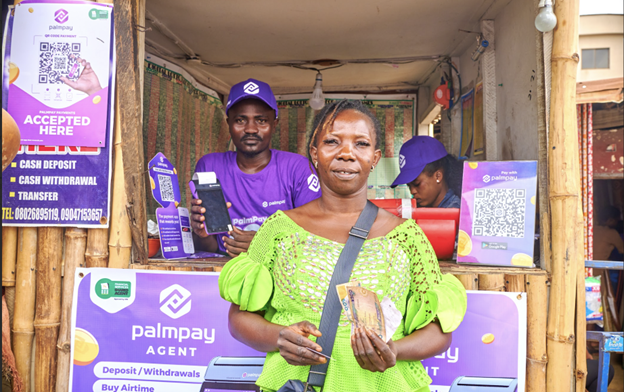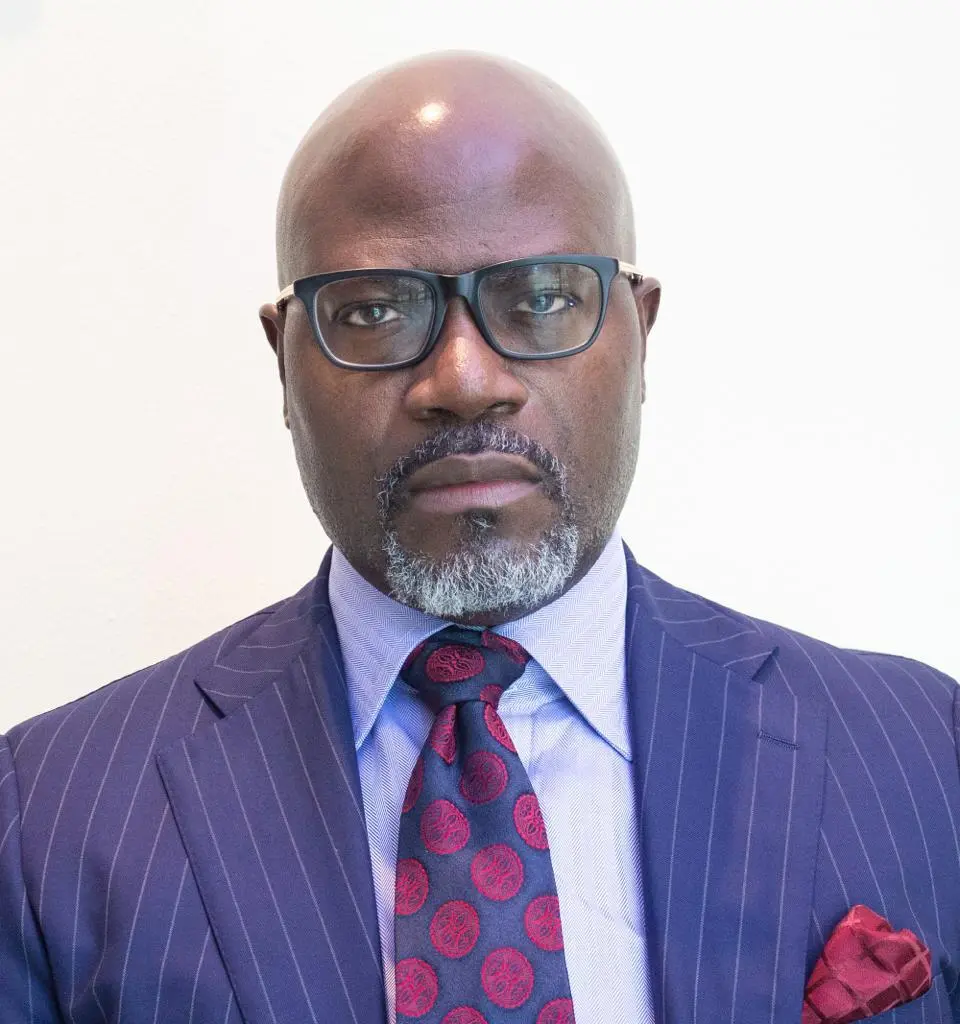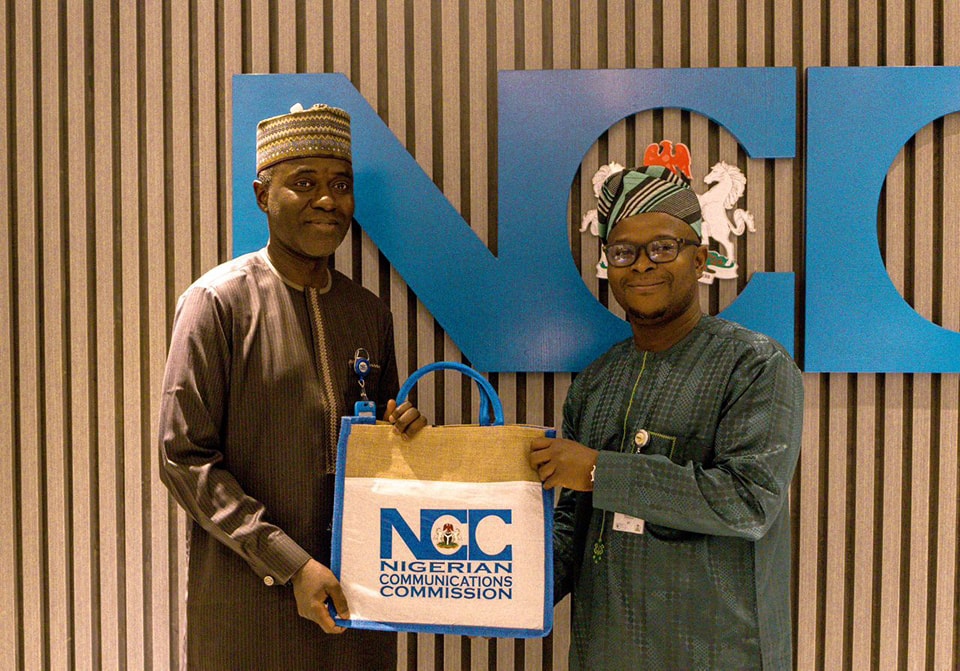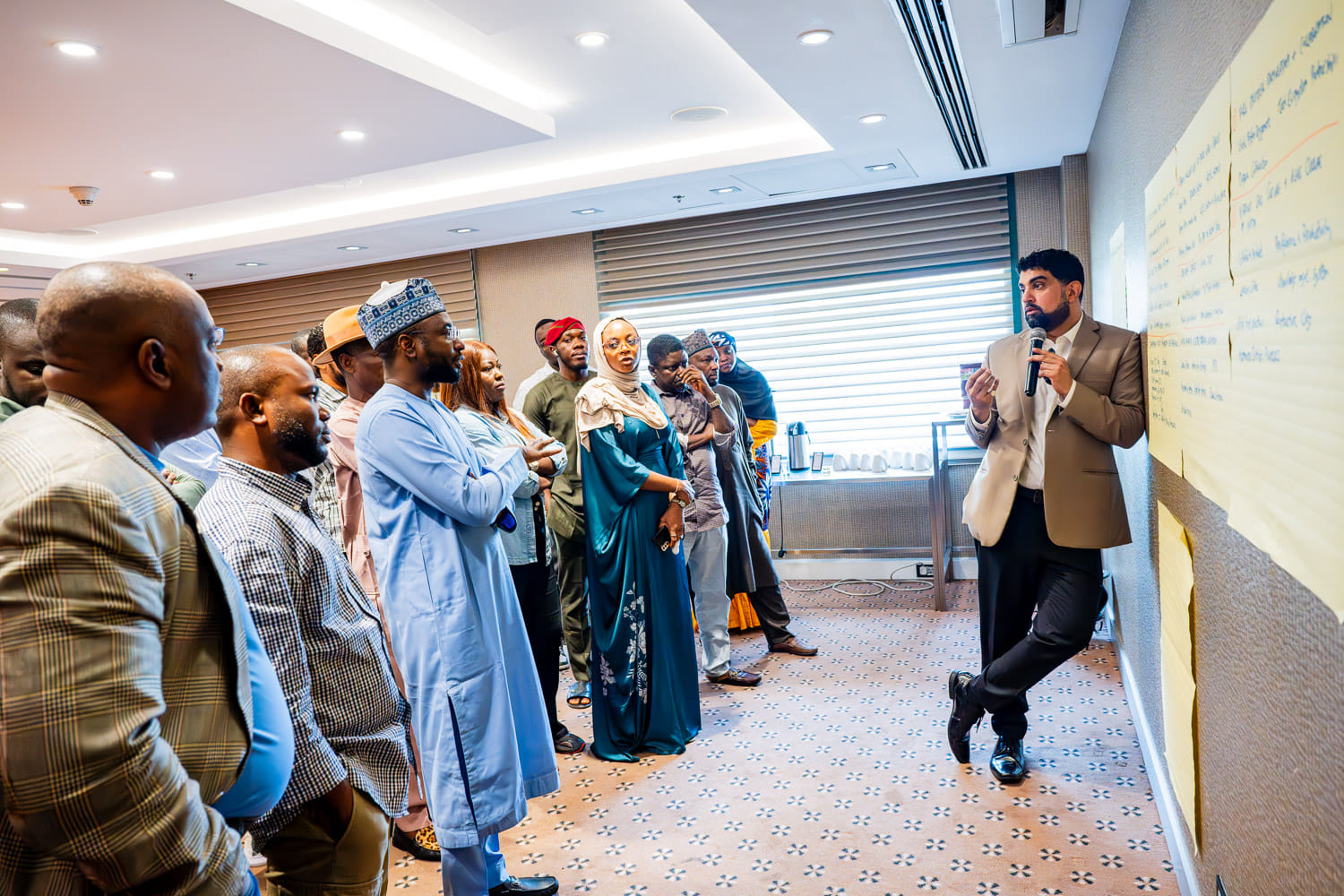With World Mental Health Day just behind us, Zama Zaca, Head of New Business at Tetris South Africa, shares some design tips on how to make workspaces more inclusive and improve employee mental wellness of employees.
Mental health has been in the spotlight recently, with people under strain from the ongoing COVID-19 crisis and top athletes opening up about their mental health struggles during prominent international sporting events. These athletes, including gymnast Simone Biles, tennis player Naomi Osaka and others, who are at the pinnacle of their careers, have helped accelerate a trend in mental wellness, shining a light on its importance to a person’s overall wellness and ability to perform.
Companies, too, are starting to prioritise workers’ health and wellbeing, as reflected by flexible and accommodating work policies during the pandemic. But inclusion can’t stop there, according to Zama Zaca, Head of New Business at Tétris South Africa: “We are living in a time of increased neurodiversity and awareness about ADHD, dyslexia, autism and other neurological states and how organisations that create spaces to reflect this diversity will be helping to set their employees up for success.”
According to the World Health Organisation, one in about 160 children globally has an autism spectrum disorder (ASD), and a leading researcher in South Africa based at the University of Cape Town estimates that approximately 2% of our local population is affected by ASD. It is noteworthy that some of our greatest thinkers and innovators are neurodivergent – Elon Musk, Bill Gates and Richard Branson to name a few – and it hasn’t hindered them, in fact it may have given them an edge over others and prompted out-of-the-box thinking. However, office spaces need to accommodate for the neurodivergent as well as for all the variations in personalities to foster mental wellness in the workplace and, in turn, enhance productivity.
When designing for neurodiversity, people’s sensory processes need to be considered, and how neurodivergent minds and varying personalities – including introverts, extroverts and anyone in between – experience sound, light, texture and space differently. Designing in an inclusive way means creating spaces for these differing temperaments. Zaca says that this method of design goes to the heart of the Tétris Sustainability Code, which not only aims to create environmentally friendly workspaces, but also more inclusive spaces, taking into account the mental health and wellbeing of those who will live and work in them. “We’re incorporating things like natural light and greenery into our designs, which is great from a sustainability perspective, but also helps with employee health as being around nature has been proven to boost people’s moods.”
The magic is in the detail
An office that is inclusive and accommodating to all the different ways people think, work and interact with each other will go a long way in encouraging staff to return after more than a year of working from home. However, inclusive design isn’t just about neurodiversity – it’s also about accessibility.
Reimagining your office for neurodivergent people and those with differing personalities not only benefits them, but everyone who visits or uses your workspace. A few tweaks in your workspace can make a huge difference.
Deal with distractions. Distractions lead to a loss of productivity. A report by Udemy in 2018 revealed that more than two-thirds of people feel that distractions are their number one concern when working in an office, with intermittent unpredictable noise particularly stressful. On the flipside, offices that are too quiet can be distracting as there is no background noise to muffle general office sounds and conversations. To mitigate distractions, employees need options to find the right solution that meets their specific needs. Include areas for focus, areas for concentration and tech-free zones where staff can escape the impact of constantly being pinged by technology.
Control sensory stimulation. Too much sensory input can be overwhelming, while too little can be a problem for some. Create spaces where workers can go to choose the sensory stimulation they are comfortable with. Think about including quiet secluded spots for focused work, open and closed cabins, individual zones, auto-isolated desks as well as open collaboration, meeting and leisure areas.
Optimise office layout. Good spatial design should encourage exploration and be intuitive. People need to understand where they are and easily find their way to where they need to be. Create spaces that use rhythm to bring a sense of order and use landmarks and focal points (such as staircases), viewpoints (such as mezzanines) and clear lines of sight (including views to the outside) to help people orient themselves.
A well-designed office enables easy navigation and assists the brain’s innate positioning system. In JLL’s Workforce Barometer Research, conducted in April 2021, research respondents also indicated the expectation for long-lasting impact on the design of the work environment post Covid-19. This includes less density and physical separations – as such one in four respondents indicated they do not wish to share a desk anymore, revealing the long-term impact of the crisis on the employee mindset.
Increase natural light. The Daylight and Workplace Study done by Cornell University in the US revealed that natural light in office spaces has a positive effect on the overall health and productivity of employees. A good design, therefore, is one that includes floor to ceiling windows, skylights and positions the workstations to thatthe greatest number have access to daylight.
A study by the University College of London’s Living Lab showed that the use of circadian light, which is interior light that replicates the colour, angle and intensity of sunlight, also has a beneficial effect on energy levels and can increase productivity by up to 20%.
“Creating an inclusive space and giving people options on where and how they want to work helps everyone – neurodiverse and neurotypical alike – to more effectively manage their own needs, encouraging equality and integration. This can only increase mental wellbeing and help an increasingly anxious workforce thrive,” says Zaca.
















